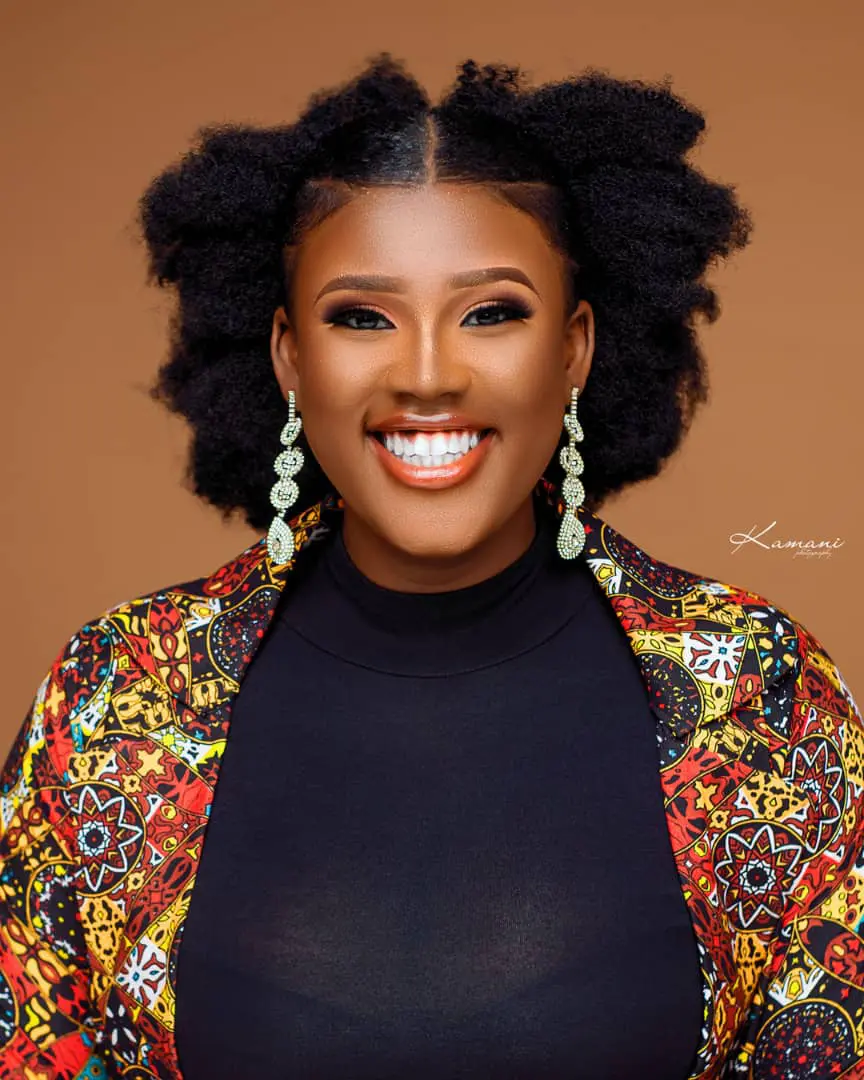Even though Nollywood’s titles have shed their banality, dedicated viewers of African Magic epics and YouTube streamers can still connect with the nostalgia of those earlier candid and silly titles.
Transformation of Nollywood: A Journey from Predictable to Intriguing Titles

BY Chinalurumogu Eze
November 11, 2023
10:39 pm
In the earlier days of Nollywood, movie titles were straightforward, and they left little to the imagination. Some of these titles were extremely ridiculous and embarrassing. However, they were a window into the entire plot of the movies while also evoking the film’s overall mood. Because they were so rambunctious in their attempts to set up the story in each movie, the titles made it possible for audiences to anticipate the entire storyline just by reading the title.

In a way, those early Nollywood titles fulfilled one of the primary functions of movie titles. They nurtured audiences’ expectations and established expectations for the audience; that is, off the bat, there were no complications. The audiences did not part with their money in anticipation of a “a ha” moment at some point as they watched the films. The lack of suspense did not faze these lovers of the unsophisticated wrapping. All they desired perhaps was to unpack and devore the newly acquired video tapes.
The simplicity of the audiences made life easy for the filmmakers of yore. If the consumers of the “Old Nollywood” products were not asking for much, why should the patrons be inundated with surreptitiously packaged visual gifts that must be unwrapped to reveal their enigmatic enactment? Most of the films with their titles bordered on the mundane and that was a good thing for all the industry stakeholders.

Love was a prominent theme in “Old Nollywood”. Consequently, titles like “Sorrowful Love,” “Blind Love,” and “Tears of Love” were common, and the movies on this theme often stared stars like Emeka Ike, Ramsey Nouah, Richard Mofe-Damijo, Muna Obiekwe (God rest his soul), and Jim Iyke among others. These filmic romances frequently featured leading ladies such as Genevieve Nnaji, Omotola Jalade-Ekeinde, Stephanie Linus, Stella Damasus, or Rita Dominic.
When a movie centered around an eponymous character, it was reflected in titles like “Nneka, the Snake Girl” or “Chioma, the Abandoned Virgin.” The use of the definite article “the” was a stylistic choice that added depth to titles such as “The Blood of a Virgin” and “The Return of the Snake Girl” as the filmmakers aimed at unleashing mysticism that is an accolade that befits magical realism. This, of course, was emblematic of a society in touch with its culture and the ways of life of its forebears. Call it primitivity, but it was a badge of honor that a people were proud of.

However, while some of the aforementioned titles effectively addressed their subject matter within the cultural milieux that enabled them, there were other titles that seemed quite illogical and pretty awkward: “Drake Vs Meek Mill,” “Tears for Breast Milk,” “Tear my bra if you can.” Aping Hollywood abysmally is the only way to describe this infuriating portrayal of a new wave of artistic expression by the Nollywood filmmakers who dared to assault the sensibilities of their patrons.
As events unfolded in Nigeria, it is now obvious that those responsible for crafting these titles are now being influenced by contemporary issues outside the immediate realm of the mystic. For example, movies like “Chibok Girls” and “Chosen Mopol” address social cultural concerns that the 21st century denizens of the Nigerian society grapple with.

Around 2015, Nollywood underwent a significant transformation that impacted storytelling, title creation, film marketing, and the overall cinematic experience and, because of this development, today, we encounter captivating titles like “4:4:44,” “Who’s the Boss?,” “Hey You,” “Lionheart,” and “King of Boys.”
While it may seem that the unconventional titles of “Old Nollywood” inadvertently diminished the quality of the movies, it’s essential to remember that these films were cherished by audiences. Nevertheless, the evolution of movie titles is a noteworthy aspect of Nollywood’s journey, which is now beyond the shores of Nigeria.


1 thought on “Transformation of Nollywood: A Journey from Predictable to Intriguing Titles”
Nice piece!